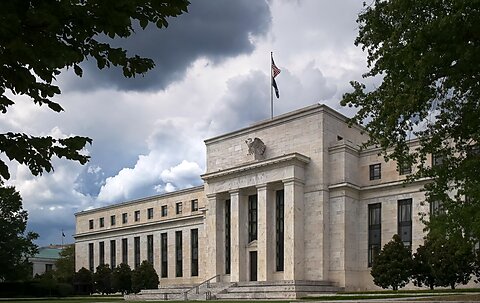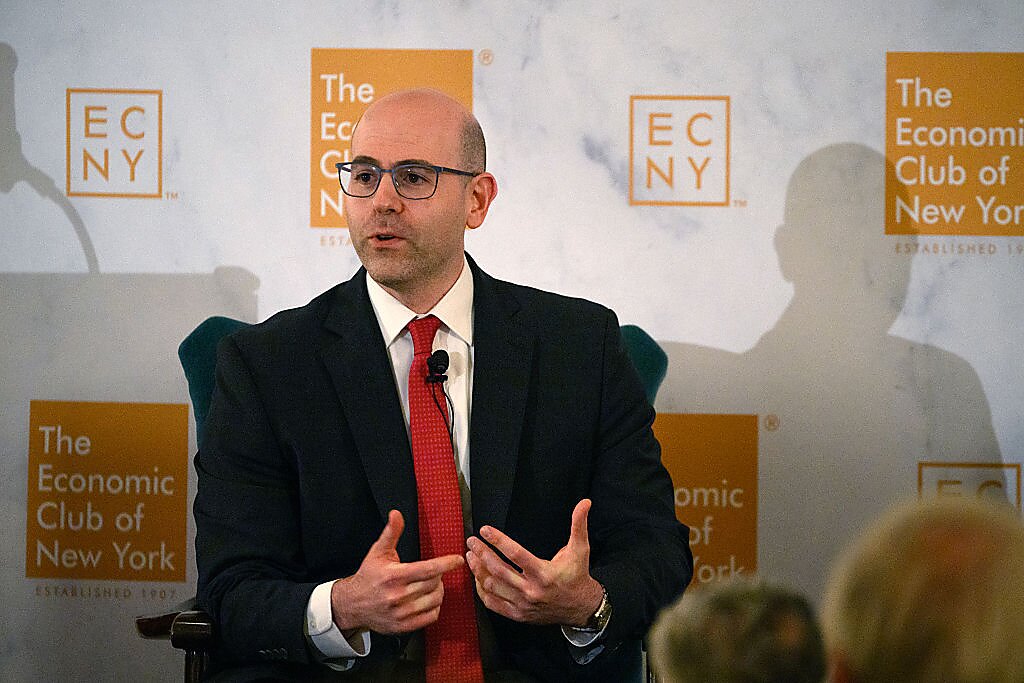The Federal Open Market Committee (FOMC) met last week and decided to lower the target for the federal funds rate (FFR), the policy rate used to affect economy-wide changes, by 25 basis points, as was widely expected. Recent developments, especially Stephen Miran’s appointment and subsequent dissent at the FOMC meeting, have again triggered concerns over Fed independence and the degree to which rate decisions are influenced by the president. But the Fed (and Congress) must bear some responsibility for allowing monetary policy to become increasingly discretionary. Presently, the FOMC can set its policy rate target based on members’ subjective opinions, making it difficult to know precisely how this target is chosen. The Fed should follow, or be mandated to follow, an objective monetary policy rule to both improve rate decisions and shield its independence from the executive.
There are valid reasons to be concerned about the Fed’s independence and performance. For months now, the president has been hurling insults at the Fed and Chairman Powell to force significantly lower rates. The president also attempted to fire Fed Governor Lisa Cook over mortgage fraud allegations, a situation that is being adjudicated by the courts. There is also an ongoing dispute over the Fed’s construction costs. Finally, there is Stephen Miran’s appointment to the Fed board and the actions he has taken since.
We have recently written about Miran’s strange views on economics, particularly international trade and finance. He also remains employed by the current administration, on leave from the Council of Economic Advisors, while he serves as Fed governor—an unprecedented move. At his first FOMC meeting, mere hours after being appointed to the Fed board, Miran was the lone dissent against the 25 basis point cut, voting instead for a 50 basis point cut. Such a rate cut would have run counter to standard economic theory.
As my recent article showed, macroeconomic data, mainly elevated inflation risks, called for leaving the target rate unchanged or even marginally increasing it. Strangely, Miran abstained from voting on the interest on reserve balances rate (IORB), the rate the Fed pays banks to hold reserves at the Fed, citing insufficient information. Under the modern floor system, however, the IORB is the key policy rate, and the FFR is set at the IORB.
Like his views on international finance, Miran’s views on monetary policy put too much stock in his own subjective assessment of economic conditions and too little in established economic theory and practice. The result is that he interprets data to fit his narrative (that the FFR is too high), rather than the other way around. For instance, in a recent CNBC interview, Miran denied that inflation was a major concern, stating that a high degree of net migration out of the US would be disinflationary.
Of course, the underlying assumption is that immigrants consume so many goods and services that their absence will lower aggregate demand enough to also lower the US price level. That in itself is a bad thing for the US economy, but Miran completely ignores supply factors. Closing employment to people whom businesses have demonstrated they need—migrants or not—lowers productivity and adds inflationary pressure.
In his first public speech as a Fed governor, Miran expanded on his advocacy for sharper rate cuts. Miran claims that the neutral level of the FFR (academically notated as R*) is much lower than anyone else at the Fed thinks it is—so low, in fact, that it warrants a 100 to 200 basis point lowering of the FFR.[i] To justify his position, Miran opines, without serious analytical backing, that various factors such as negative migration and deregulation have drastically reduced R*. The problem is that R* is unobservable, so it is not possible to disprove such assessments of its true value. To be fair, Miran notes this problem with R* but defends its use since other monetary policy frameworks also use unobservable data like the output gap and the natural rate of unemployment. But there are several observable alternatives to R* that Miran does not consider. For instance, several monetary policy rules use observable data like output growth, and none of them would advocate for a 200 basis point cut to the FFR.
Of course, Miran’s views will likely have no effect on final policy outcomes—he is only one of twelve FOMC members after all. But this and other events from the past few months only serve to highlight that Fed independence and faith in monetary policy are not a given. It is easy to yell about independence and ask the executive to leave the Fed alone. But the current system relies too much on the goodwill of politicians. So long as the Fed is viewed as an easy target to blame when the economy takes a downturn, or lower rates are viewed as a salve to all economic ailments, politicians will have a vested interest in meddling with monetary policy.
The solution is to limit political influence as much as possible and have the Fed follow a monetary policy rule when setting the interest rate target. Such a policy would insulate the Fed’s independence and prevent subjective, politically motivated rate cuts through more objective policymaking.
[i] In such models, the actual value of the FFR is directly proportional to R* so if R* falls, the FFR should correspondingly fall too.








